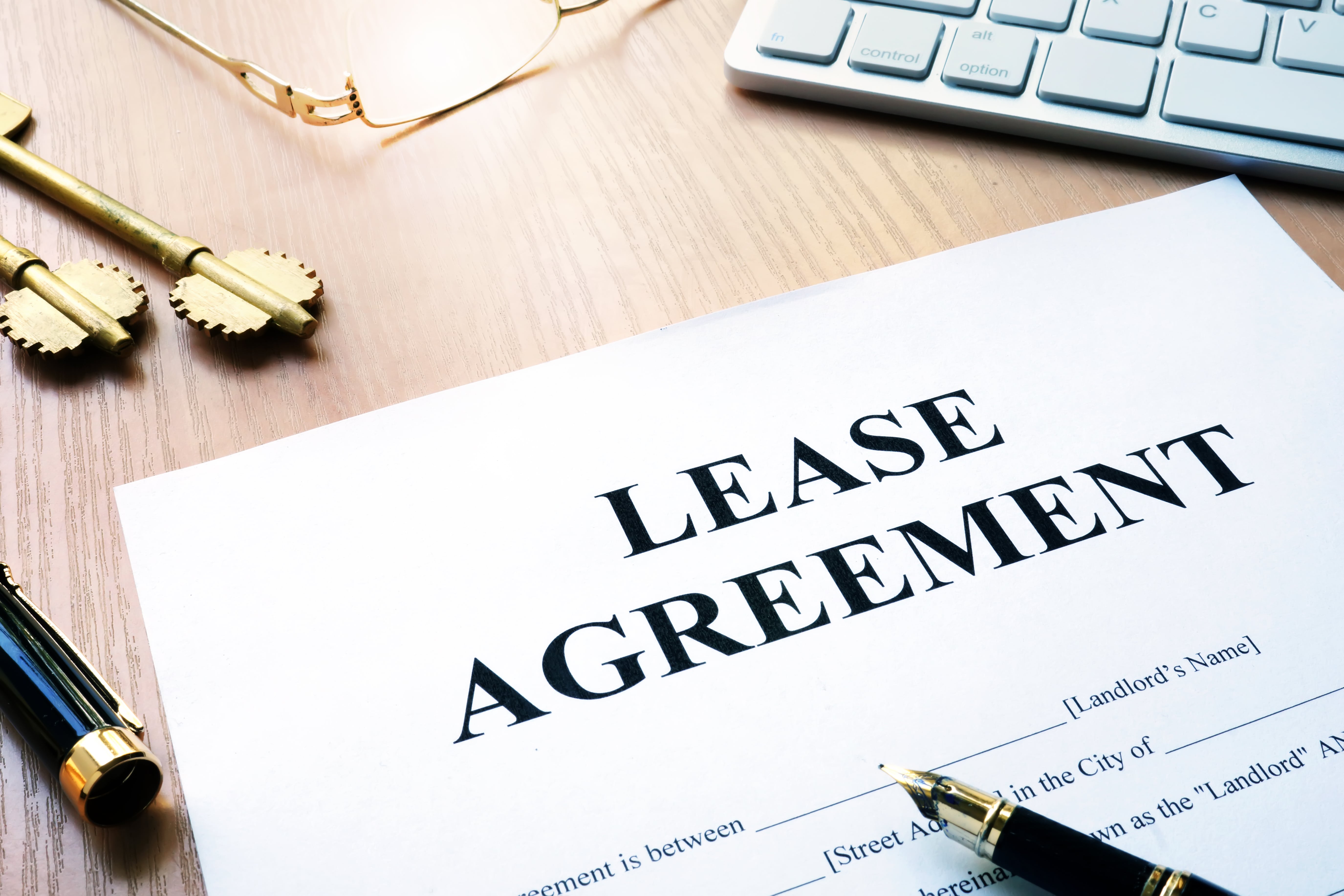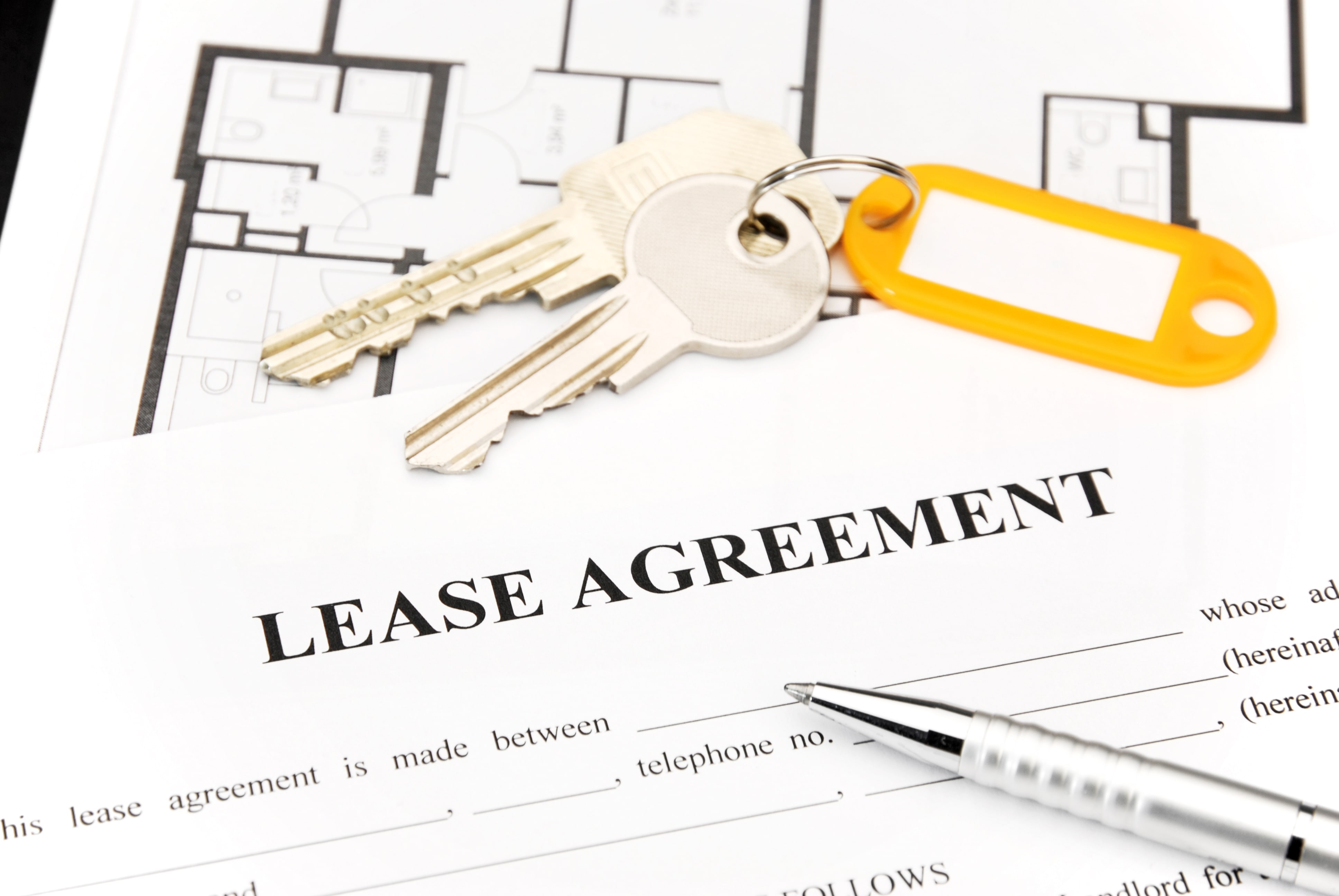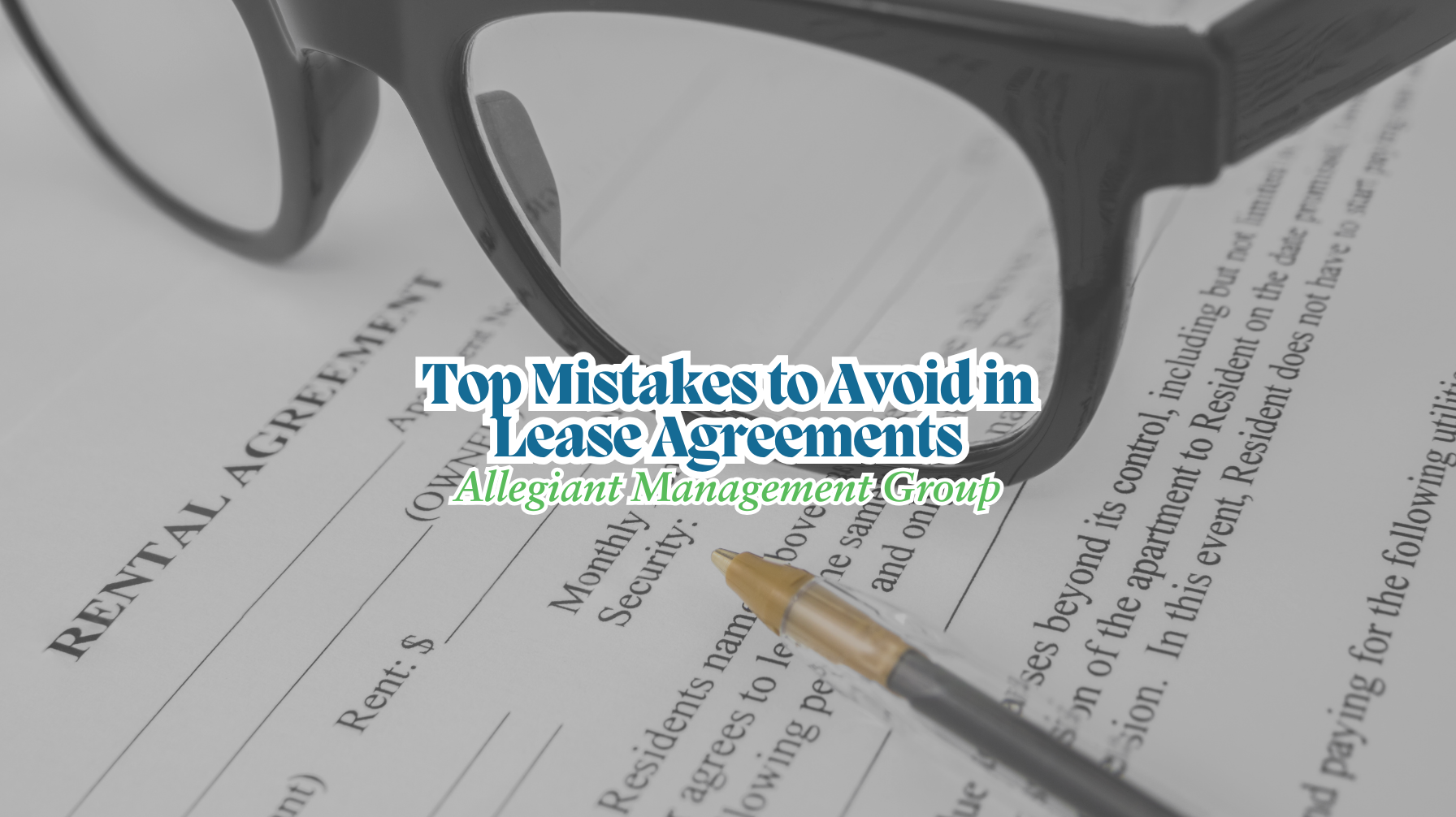A Lease Agreement: What You Need to Know to Avoid Common Pitfalls
A lease agreement is a crucial document in real estate that sets the terms and conditions for a tenant’s use of a property.
Signing or drafting a lease agreement may seem simple. However, there are many details that landlords and tenants need to think about. These details can help avoid common mistakes that might cause disputes.
Knowing these details is important to protect yourself and your investment. This applies to experienced landlords, first-time tenants, and real estate experts.
In this guide, we will emphasize common mistakes in lease agreements. We will also give you helpful tips to create a fair and legal lease contract.
Let’s dive deeper into lease agreements and learn how to get them right.
Understanding Lease Agreements

A lease agreement, also called a rental contract or rental agreement, is a legal contract. It explains the key terms for renting a property from one party to another.
This contract is the foundation of the rental relationship. It protects both the landlord and the tenant. It clearly states their rights, obligations, and responsibilities.
A well-done agreement reduces mis-understandings. It helps solve conflicts and gives a strong legal framework if problems come up.
Whether renting an home, apartment, or commercial space (commercial lease agreement, we will discuss another time), understanding the core elements of a good rental contract is essential.
Critical Components of a Leasing Agreement
- Identification of the parties: Clearly identify the landlord and tenant. Include a detailed description of the rental property.
- Agreement duration and renewal terms: Specify the start date, end date, and any provisions for renewal.
- Rent and security deposit details: Please give the rent amount, due dates, late payment penalties, and security deposit requirements.
- Maintenance and repair responsibilities: Clearly define who is responsible for property maintenance and repairs.
- Policies: Disclose any rules or permissions for pets, smoking, and noise levels in the property.
The Difference Between Lease and Rental Agreements

Though people often use lease agreements and rental agreements as one in the same, they are not the same. A lease agreement usually lasts for a year (12 months) or more. It has fixed terms that both parties agree on.
During the contract term, changes to the rental conditions cannot happen without both parties agreeing. This includes rent increases or policy changes.
On the other hand, rental agreements are more flexible and typically operate on a month-to-month basis.
This lets the landlord change the terms, like raising rent or altering property rules, more easily. They just need to give proper notice to the tenant.
Why a Written Lease Agreement is Critical
A written agreement is important in any landlord-tenant relationship. While verbal agreements can be legally binding, they are hard to enforce. Always write a lease agreement clearly, so all parties can understand.
This can lead to mis-understandings. A good written lease clearly outlines all terms and conditions. It also offers legal protection if any disputes come up.

Common Legal Mistakes in Lease Documents
Lease agreements must comply with various local, state, and federal laws. Failure to adhere to these regulations can render a lease agreement unenforceable or lead to legal penalties.
Here are two common legal mistakes to avoid:
1. Overlooking Tenant Rights and Landlord Obligations
Every state has specific laws that govern tenant rights and landlord obligations. Tenants have the right to live in a safe and healthy home. This means the rental unit must meet basic health and safety rules.
Landlords must also respect tenants' privacy, usually by giving prior notice before entering the property for inspections or repairs. Ignoring these rights and obligations could lead to costly disputes or legal actions.
2. Ignoring Local Housing Laws and Rules and Regulations
Local housing laws can vary significantly from state to state or even city to city. Landlords and tenants should learn about local rules. This includes rent control, eviction procedures, early termination, and security deposit requirements.
Not knowing these laws does not excuse either party from following them. Breaking these laws could lead to ending the lease or facing penalties.

Best Practices for Drafting a Residential Lease Agreement
To create a lease agreement that is both fair and legally sound, follow these best practices:
- Be Clear on Terms: Ensure every section of the lease is clear and concise. This includes term of the lease, base rent amounts, security deposit amounts (usually equal to no less than on month rent), due dates, additional rent, and rules about pets, smoking, and maintenance..
- Comply with Local Laws: Check that your lease agreement follows all local housing laws. This includes rent control rules and tenant protections.
- Regularly Review and Update: Laws change, and so do tenant-landlord relationships. Review your agreements to ensure they remain compliant and reflect current laws and market conditions. Do not use standard lease agreement templates from your favorite office supply store.
- Seek Legal Counsel: Consult a qualified attorney if you're unsure about any part of your lease agreement. This will help ensure that your lease is legally sound and enforceable in case of disputes.
Conclusion: Avoiding Lease Agreement Mistakes
In conclusion, understanding and avoiding common mistakes in lease agreements is crucial for both landlords and tenants.
A clear, detailed, and legally sound lease can prevent disputes and ensure a positive rental experience for everyone involved. If you are a landlord writing a lease or a tenant ready to sign one, it is smart to get legal advice.
This helps make sure the contract protects your rights and follows the law. Contact us to level up your portfolio and get an attorney-prepared lease agreement that will protect your investment.
Frequently Asked Questions (FAQ): A Lease Agreement – Avoiding Common Pitfalls
What is a lease agreement?
A lease agreement is a legally binding contract between a landlord and tenant that outlines rental terms, payment amounts, lease duration, rules, and responsibilities. It protects both parties by setting clear expectations and legal obligations for the rental property.
How is a lease different from a rental agreement?
A lease typically lasts for a fixed term (e.g., 12 months), offering stability in rent and terms. A rental agreement is usually month-to-month, allowing flexibility for both tenant and landlord. Both outline rights and responsibilities but differ in duration and renewal terms.
Why is a written lease important?
A written lease is important because it legally protects both landlords and tenants, clearly defining rent terms, responsibilities, and dispute resolution procedures. It prevents misunderstandings, ensures enforceability in court, and provides a record of agreed-upon conditions.
Common landlord mistakes in lease agreements?
Common landlord mistakes in lease agreements include vague terms, missing rent policies, lack of maintenance responsibilities, failure to follow local laws, and not including an eviction process. Clear, legally compliant leases help prevent disputes and protect both parties.
What rights do tenants have?
Tenants have rights to safe and habitable housing, privacy, due process in evictions, and protection from discrimination. They can request repairs, withhold rent in certain cases, and challenge unfair lease terms. Local and state laws define specific tenant protections.
Can a landlord change lease terms mid-lease?
No, a landlord cannot change lease terms mid-lease unless the lease allows modifications or both parties agree. Changes, such as rent increases or new rules, typically require written tenant consent and apply only upon lease renewal unless otherwise stated.
Key lease terms to prevent disputes?
Key lease terms to prevent disputes include rent amount and due date, security deposit terms, maintenance responsibilities, occupancy limits, subleasing rules, pet policies, and eviction procedures. Clearly defining these terms in writing ensures legal protection and minimizes conflicts.
How is a lease legally enforced?
A lease is legally enforced through written agreements, state landlord-tenant laws, and court action if violated. If a tenant breaches the lease, landlords can issue notices, seek eviction, or sue for damages. Tenants can enforce rights by filing complaints or taking legal action.
How can landlords stay compliant?
Landlords stay compliant by following fair housing laws, using legally sound lease agreements, maintaining safe properties, handling security deposits correctly, and adhering to eviction procedures. Staying updated on local and state regulations helps avoid legal issues and tenant disputes.
Need help drafting a lease?
Need help drafting a lease? Work with a property management company or real estate attorney to create a legally compliant lease. A well-drafted lease should include rent terms, security deposit details, maintenance responsibilities, and eviction policies to protect both landlords and tenants.
What can be considered additional rent?
Additional rent includes expenses beyond base rent, such as property taxes, maintenance fees, insurance, utilities, and common area costs. These charges are typically outlined in a lease agreement and may vary by lease type (e.g., gross, net, or percentage leases).
Disclaimer: This article gives general information only. Do not consider it legal advice. For specific legal concerns, always consult a qualified attorney. This information does not create an attorney-client relationship.
Blog Updated: 02/27/2025



